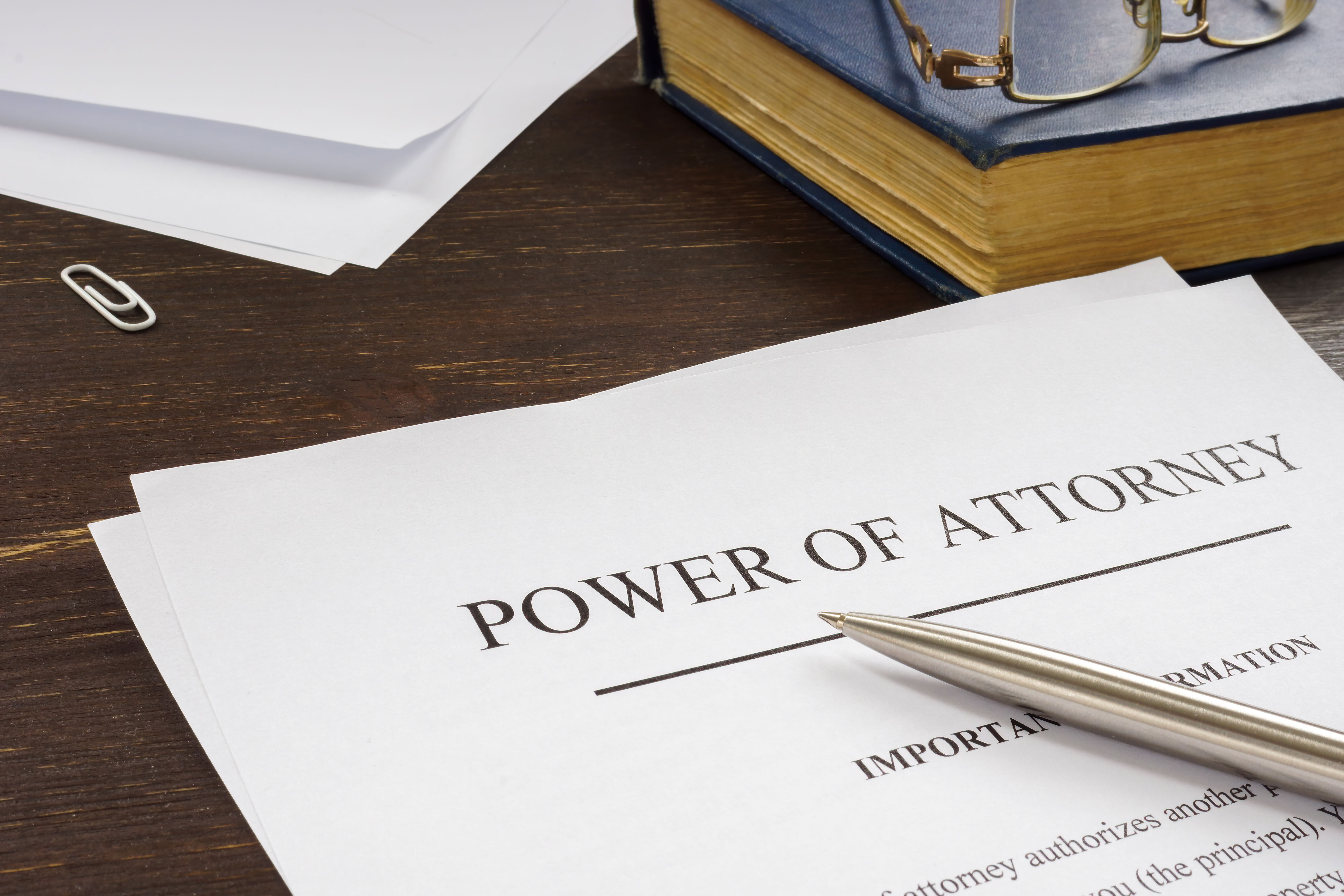General Power of Attorney
A General Power of Attorney (GPA) offers a straightforward and immediate solution for those needing prompt decision-making on their behalf. Once correctly signed, the document is ready for use, and there is no registration requirement. The creation of a GPA involves fewer parties. The donor and a witness are the only necessary signatories, eliminating the need for a certificate provider or attorney's signature.
It's crucial to understand that even if a family member has been granted access by a loved one, such as a parent or partner. Using someone else's bank card or logging into their bank account without the bank's consent could violate Section 1&2 of the Computer Misuse Act 1990, which is a criminal offence. A legally valid Power Of Attorney (POA), whether Lasting or General, is essential to avoid potential legal issues. While the chances of being caught and prosecuted are slim, the low cost of a GPA makes it a risk not worth taking. If for nothing else other than the fraud and legal protection offered.

When finances change, many people are understandably concerned about getting documents to allow someone else to make decisions on their behalf and manage their financial affairs. With many vulnerable people living some distance from family, having an attorney to carry out certain tasks on their behalf is incredibly useful.

Typically, when we think of powers of attorney, we think of Lasting Power of Attorney (LPAs). These documents allow donors to appoint attorneys to make decisions on their behalf should they lose the capacity to make their own decisions. They can be made to appoint someone to make decisions about health and welfare as well as property and financial affairs. In the case of managing financial affairs, an LPA can also be used while the donor can still make their own decisions, making them useful for someone who has mental capacity but maybe still needs a bit of extra support.
General Powers of Attorney (GPAs) serve a specific purpose. This document is solely for a donor who wishes to appoint an attorney to manage their financial affairs. It remains valid only while the donor has mental capacity. Once capacity is lost, the GPA becomes unusable, and the attorney can no longer make decisions for the donor. This is why clients often choose a GPA whilst the Lasting Power Of Attorney is being registered.
Other considerations
Many solicitors and will writers don't use GPAs to their clients' full advantage. Also, some institutions are poor at understanding even fully registered LPAs and lesser-known GPAs. Some institutions require that the donor's signature be notarised.
Another consideration is that the donor is legally bound to ratify (honour) the decisions made by the attorney. Considering how wide-ranging powers can be, it is essential to appoint a trusted attorney.
Due to the relative ease of creating such a powerful deed, it is worth considering:
- an automatic end date
- restrictions on the responsibility granted, such as property but not bank accounts.
- multiple attorneys potentially working jointly for some things and several for others
- adding a clause to allow payment to an attorney
- any indemnification against all costs and liabilities incurred carrying out permitted activities.
Can I change the terms of my power of attorney?
Yes & No. Yes, by revoking the existing GPA, informing the attorneys and relevant third parties of the revocation and creating a new one.
GPA and its use for business.
Partnerships often use General Power of Attorney (GPA) to authorise each partner to act and sign on behalf of the others, specifically for business-related matters. This is especially helpful when partners are unwilling to communicate or collaborate. In such cases, a third party with a GPA can represent them and act on their behalf.
Why choose a General Power of Attorney right now?

At the moment, LPA applications are progressing quite slowly. The Office of the Public Guardian is doing its best to process them, though it takes an average of 20 weeks. There is a backlog of over 100,000 applications.
A GPA is a great alternative for someone who needs someone to make decisions for them immediately. There is no registration requirement, so the document is ready to use as soon as it has been properly signed. There are also fewer people involved in the creation of a GPA. The only people who need to sign are the donor and a witness. There is no need for a certificate provider and no need for the attorney to sign.
The donor executes the GPA as a deed, so the rules on who can act as a witness for them are not strict. The witness must be over 18, have capacity, and can’t themselves be a party to the deed. The attorney isn’t strictly a party to the deed as they do not need to be a signatory, but it is still best to avoid them acting as a witness. However, this means that someone in the household could act as the witness, allowing the document to be made without placing anyone at risk.

What this doesn’t mean…
While a GPA can be a practical solution in the present, it's essential not to overlook the long-term benefits of an LPA. Since a GPA ceases to be valid if the donor loses capacity, obtaining an LPA at the same time is advisable. This proactive approach to financial and legal planning can empower individuals to feel more in control of their future.
Does making an LPA after having made a GPA automatically revoke the GPA?
Making an LPA wouldn’t automatically revoke the GPA. The GPA would need to be revoked by the donor to make sure that the attorneys of the GPA couldn’t act simultaneously with the attorneys of the LPA. However, this should only be done once the LPA is registered. This doesn’t mean that LPAs should be forgotten about altogether. Since a GPA ends if the donor loses capacity, it is still best to make sure that steps are being taken to get an LPA put in place as soon as it’s possible to do so.
Summary & Additional:
- A GPA does not need to be registered, so it can be used immediately as long as it has been signed and witnessed correctly.
- A GPA can have a time limit of when it can be used, i.e. an expiry date, and this needs to be set out on the document itself.
- A GPA cannot be used to make health and welfare decisions.
- Multiple attorneys can be appointed under a GPA and can act jointly or severally.
- It is not possible to appoint a replacement attorney under a GPA.
How FERN Wills & LPAs help
- Help to confirm the mental capacity of the donor
- advise on the choice of attorneys
- Draft the GPA in line with your needs
- Advise on conditions and restrictions
- Recommend a notary if required.
- Provide a form of revocation if required.


